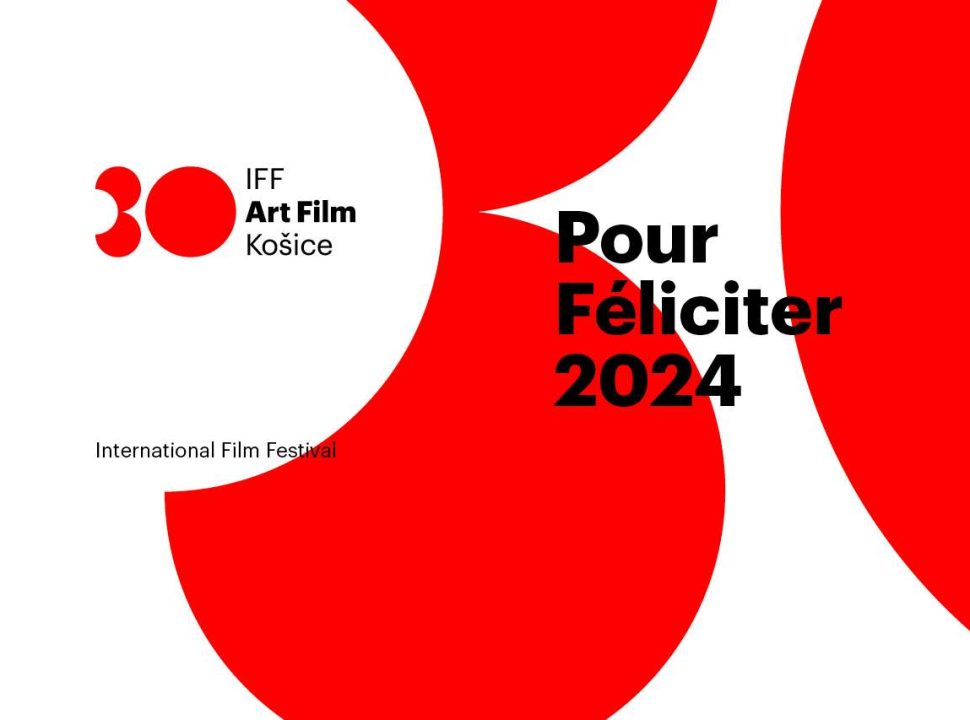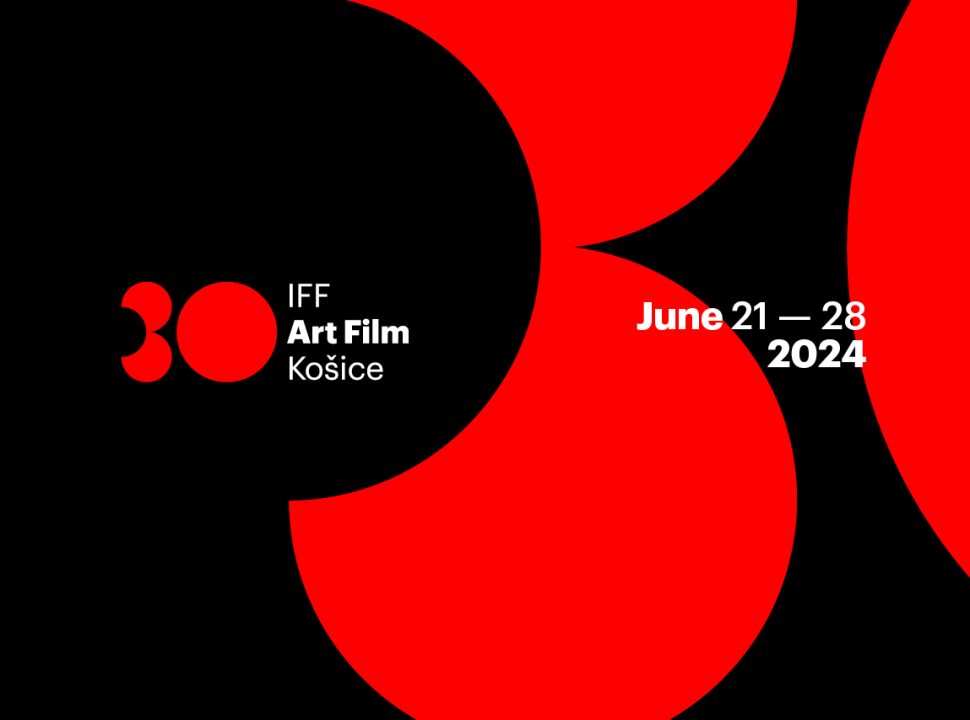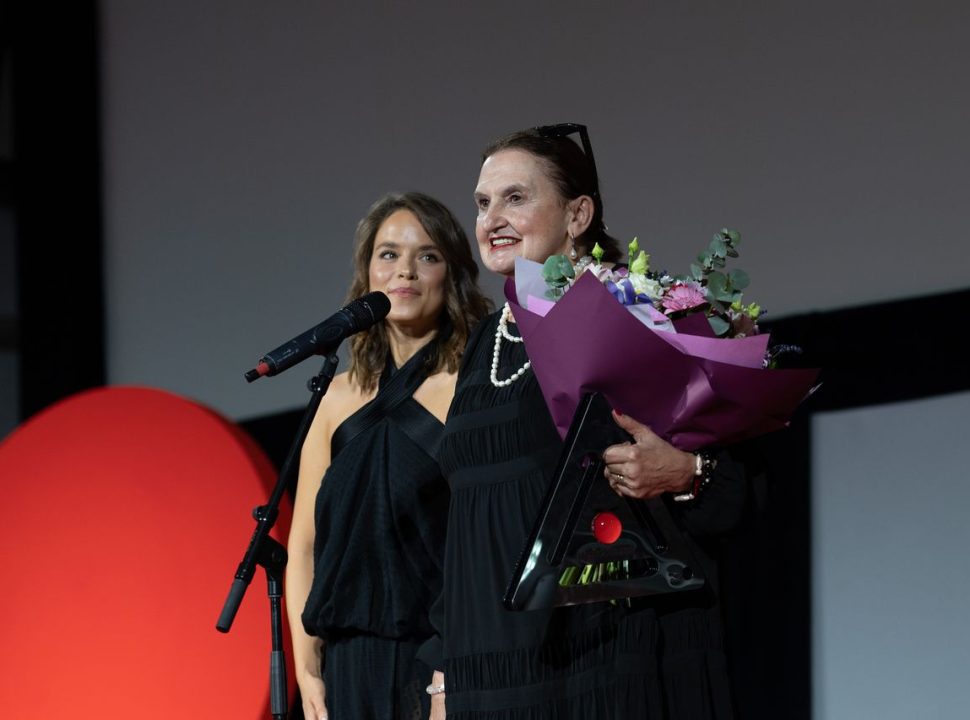“I try to have no expectations and approach each film with an open heart," says director SRDJAN KARANOVIČ, chair of the main jury at this year’s Art Film Fest. He claims that if he’s watching a film and starts thinking about its camerawork, actors or set, something’s definitely amiss.
What’s the difference between the perspective of a juror watching a film and that of an average viewer?
I’m very well aware of the responsibility I’m given when I assess other filmmakers’ work. It isn’t all that pleasant; indeed, it’s rare that all the jurors agree on every award. Which means that they’re all compromises. But I still think every filmmaker should get a chance to be a part of a jury. After all, someone else is going to judge their work someday.
Is it possible to judge a film objectively?
Juries’ decisions are always an aggregate of subjective judgements, on which we either come to a consensus or decide by popular vote. And sometimes the winner isn’t backed by all five jurors – it could have received only three votes. The winning film might even be one I don’t vote for…
What kinds of films appeal to you?
I’m always most affected by films that move me emotionally. Those are the ones I most appreciate.
What was the last film to do so?
Among Serbian films, Tilva Ros, which was directed by my former student Nikola Lezaic. And outside of Serbia, I very much enjoyed A Separation from director Asghar Farhadi. It won this year’s Oscar for Best Foreign Film.
Can a film today still address society, let alone change something?
Films have never been able to change anything. For that matter no form of art can change the world, start a war or stop one… But it can, I’d like to believe, touch an audience and affect them emotionally, changing the way they think about life for the better.
A great many films have been shot about the war that ravaged former Yugoslavia. Are such tensions fertile ground for filmmakers?
No. There are lots of stories. All the little countries that have emerged are probably more foolish than wise. In fact they continue to quarrel, and it still isn’t clear what actually happened and how Yugoslavia fell apart. But all of these new countries have far less money for the film industry than Serbia, Croatia and Bosnia had during socialism. Today, shooting a film like we did back then – and we’re not talking big-budget epics – is enormously difficult. And that means I’m not sure if I’ll continue directing. Or if I’ll even want to.
Has the status of cinema changed somehow?
Filmmaking has only existed for a bit over a century. During that time cinema has gone through all sorts of changes, and its aesthetic has always been rooted in technical capabilities. This year, for example, the production of film’s classic medium has ceased. Everything’s digital now; electronics are king. And thanks to that, filmmaking has become very democratic. The world of cinema has changed so much that a few friends can meet up over a weekend and make a live-action film with their phones for nothing, or maybe a hundred euros.
And is that a good thing or a bad thing?
Live-action films are made very easily and quickly these days. When it’s just a question of technical capabilities, that’s fine. But problems emerge when filmmakers start to think too fast. Most stories, at least the ones I’ve seen recently, give me the feeling that they were born in a cafe; someone had three beers, thought up a screenplay and filmed it the next day. But that will get you nowhere. A film has to be deeply thought out for a long time; only then can it be quickly shot.
Juraj Fellegi



